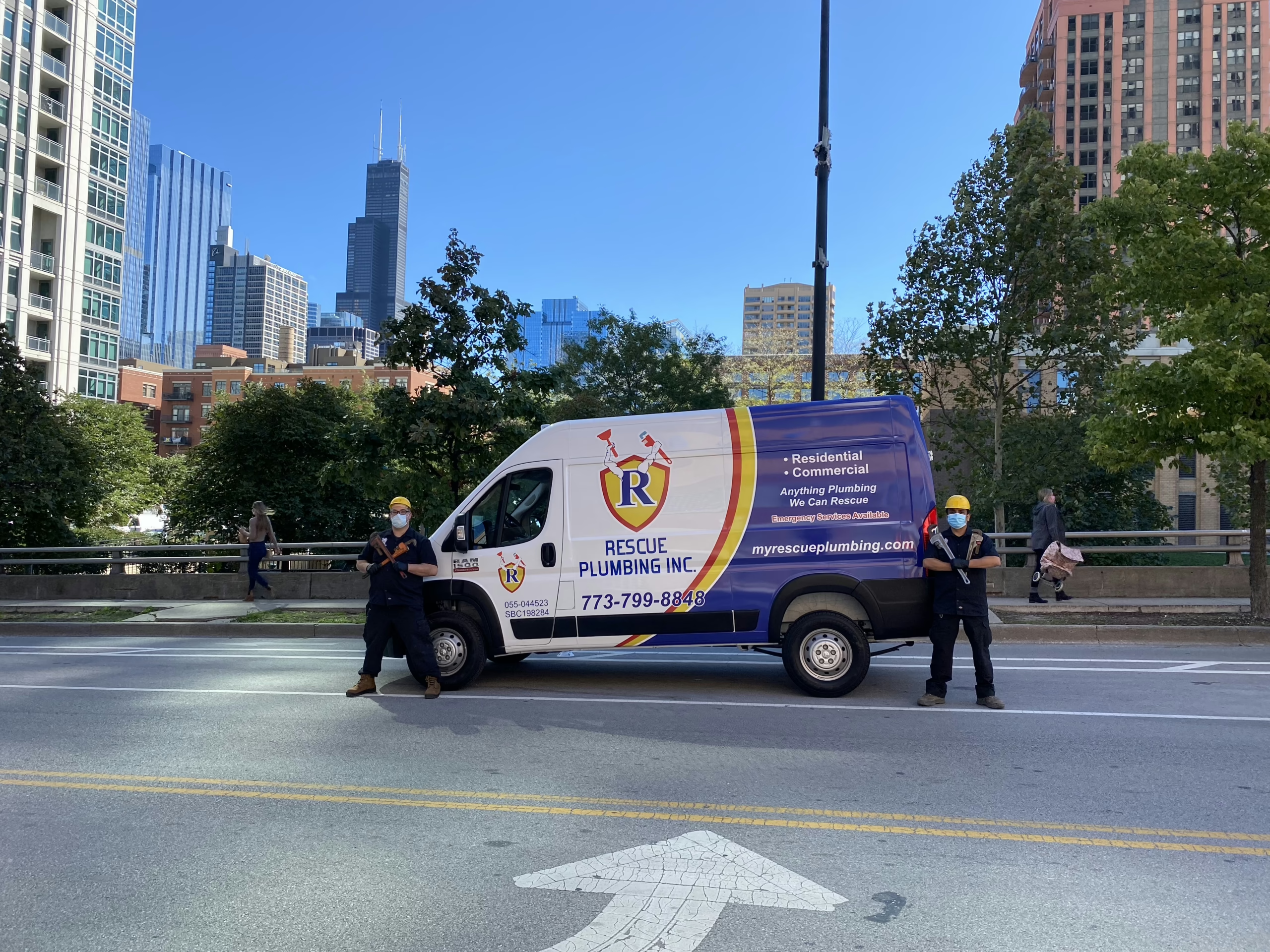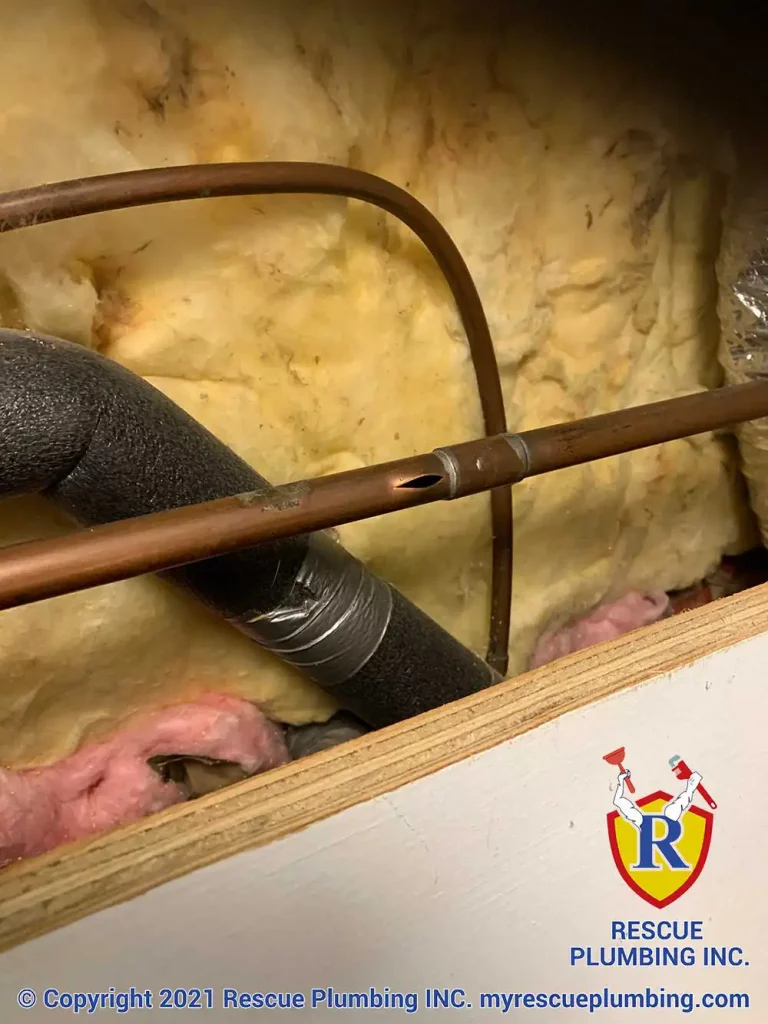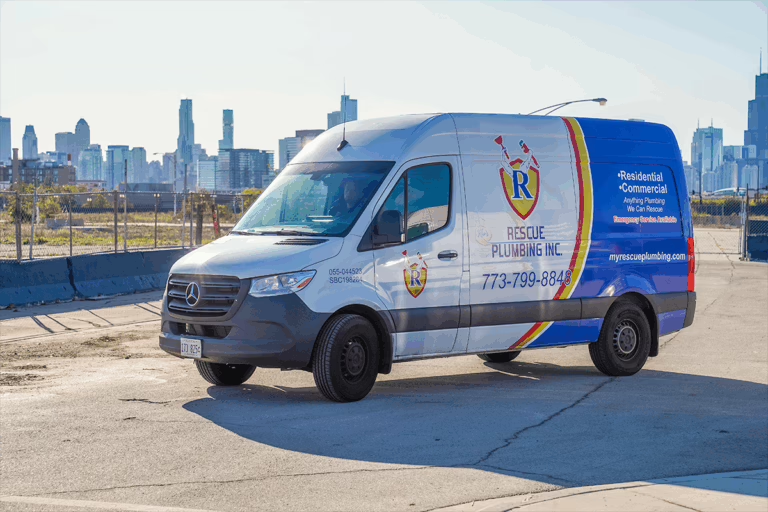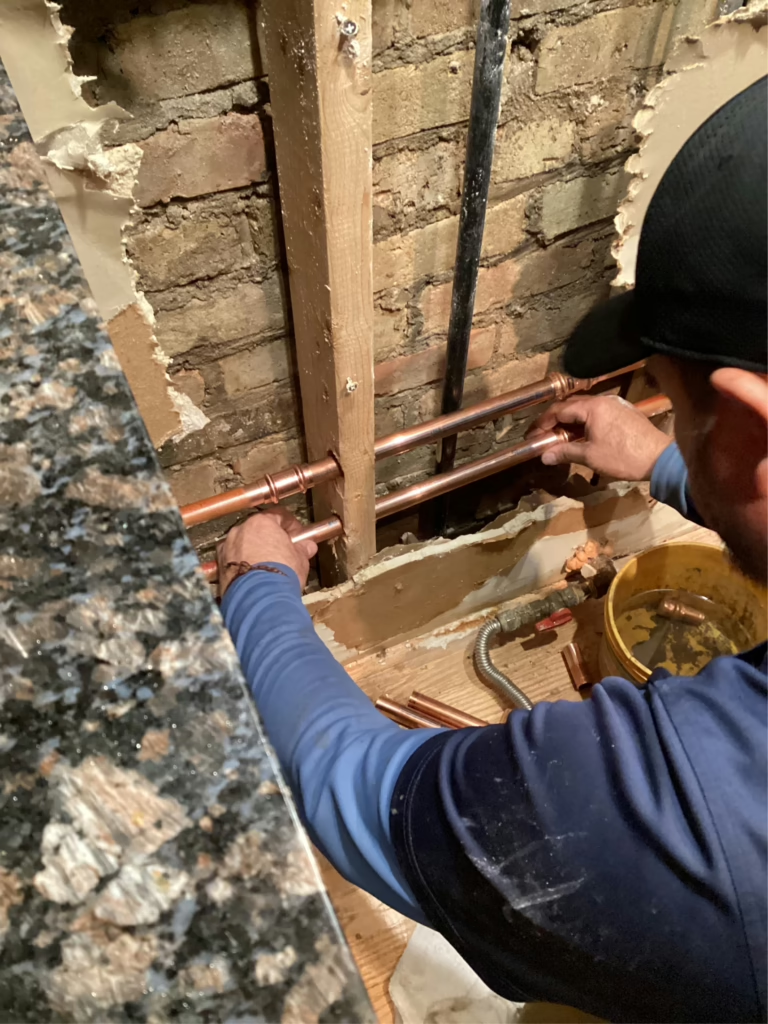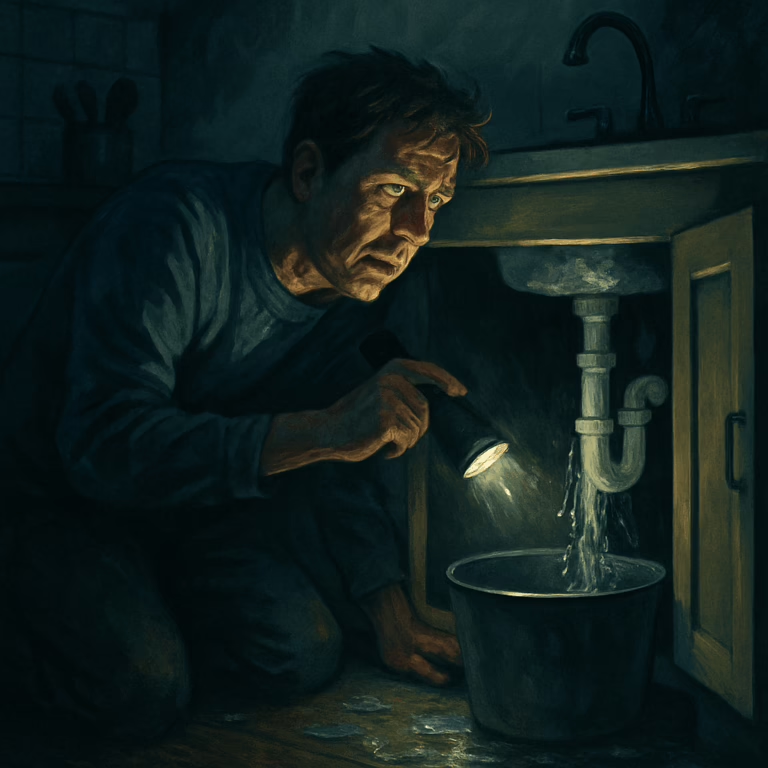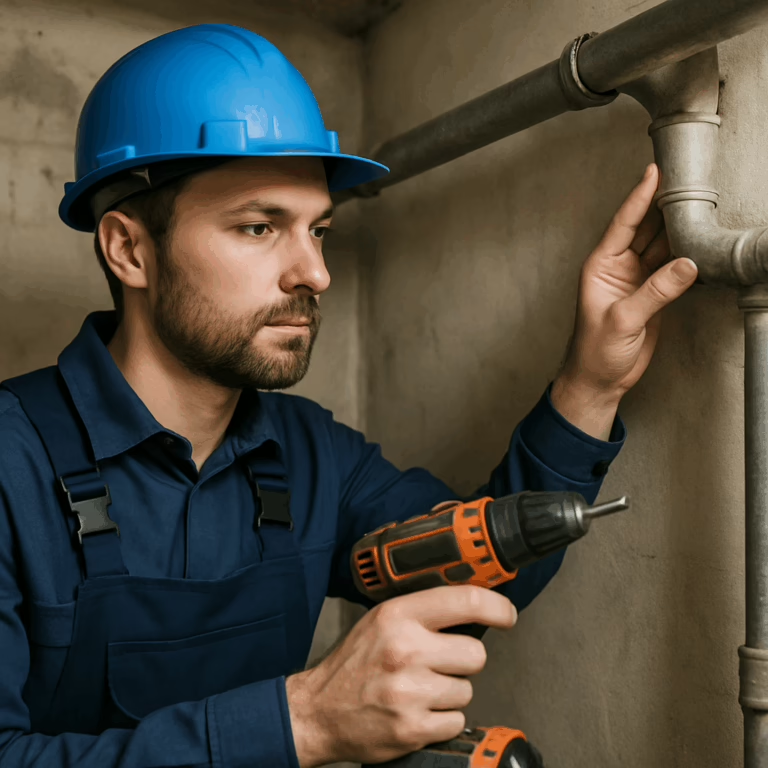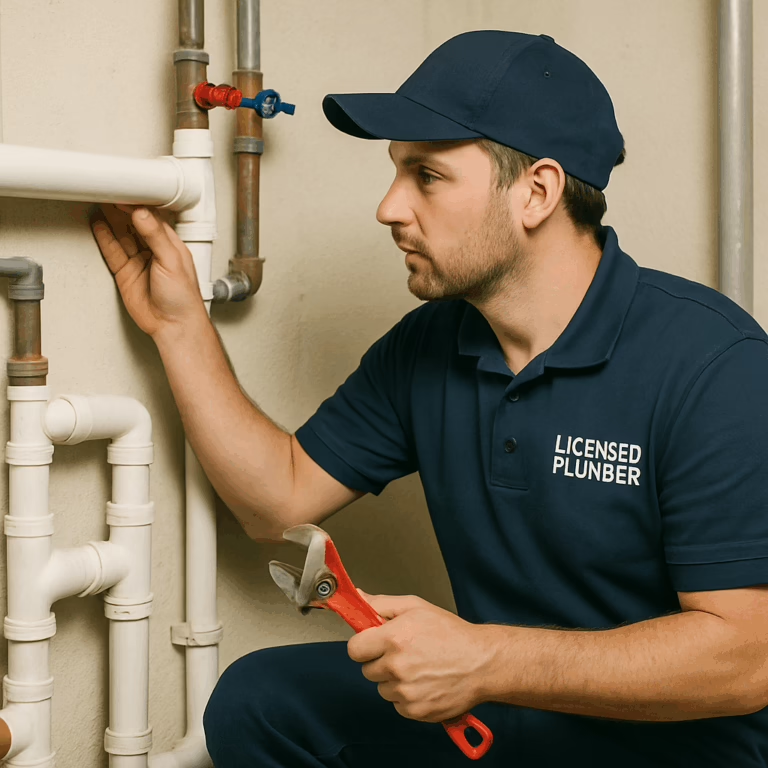Can regular maintenance prevent plumbing emergencies?
Regular plumbing maintenance is crucial for preventing unexpected plumbing emergencies. A well-maintained plumbing system not only ensures the efficient operation of your home or business but also saves you from costly repairs and water damage. In this article, we’ll explore how regular maintenance can help you avoid plumbing nightmares, along with essential tips for both homeowners and commercial property managers.
Understanding the Importance of Regular Plumbing Maintenance
The Cost of Ignoring Maintenance
Ignoring regular plumbing maintenance can lead to significant financial losses. Small leaks or blockages, if left unattended, can escalate into major issues like burst pipes or flooded basements. Regular maintenance helps identify potential problems before they become emergencies, saving you money and stress.
Benefits of Regular Plumbing Maintenance
- Increased Lifespan of Plumbing Systems: Regular checks and maintenance increase the longevity of your plumbing systems by preventing wear and tear.
- Improved Efficiency: Ensures that your plumbing systems run smoothly, reducing water waste and lowering utility bills.
- Enhanced Safety: Regular inspections can prevent hazardous situations, such as gas leaks or water contamination.
Essential Plumbing Maintenance Tips for Homeowners
Fall Plumbing Maintenance Tips
As the leaves start to fall, it’s time to prepare your plumbing for the colder months. Here are some vital fall plumbing maintenance tips:
- Insulate Pipes: Protect exposed pipes from freezing by insulating them with foam pipe insulation.
- Check Outdoor Faucets: Disconnect hoses and drain outdoor faucets to prevent them from freezing and cracking.
- Clean Gutters and Downspouts: Ensure that gutters and downspouts are clear of leaves and debris to prevent water from backing up and freezing.
Winter Plumbing Maintenance Tips
Winter can be harsh on your plumbing system. Follow these winter plumbing maintenance tips to prevent emergencies:
- Keep a Consistent Thermostat Setting: Maintain a steady temperature in your home to prevent pipes from freezing.
- Seal Leaks: Look for air leaks around windows and doors and seal them to keep your home warm and reduce the risk of frozen pipes.
- Run Water Regularly: During extreme cold, let a trickle of water run from faucets to keep water moving and prevent freezing.
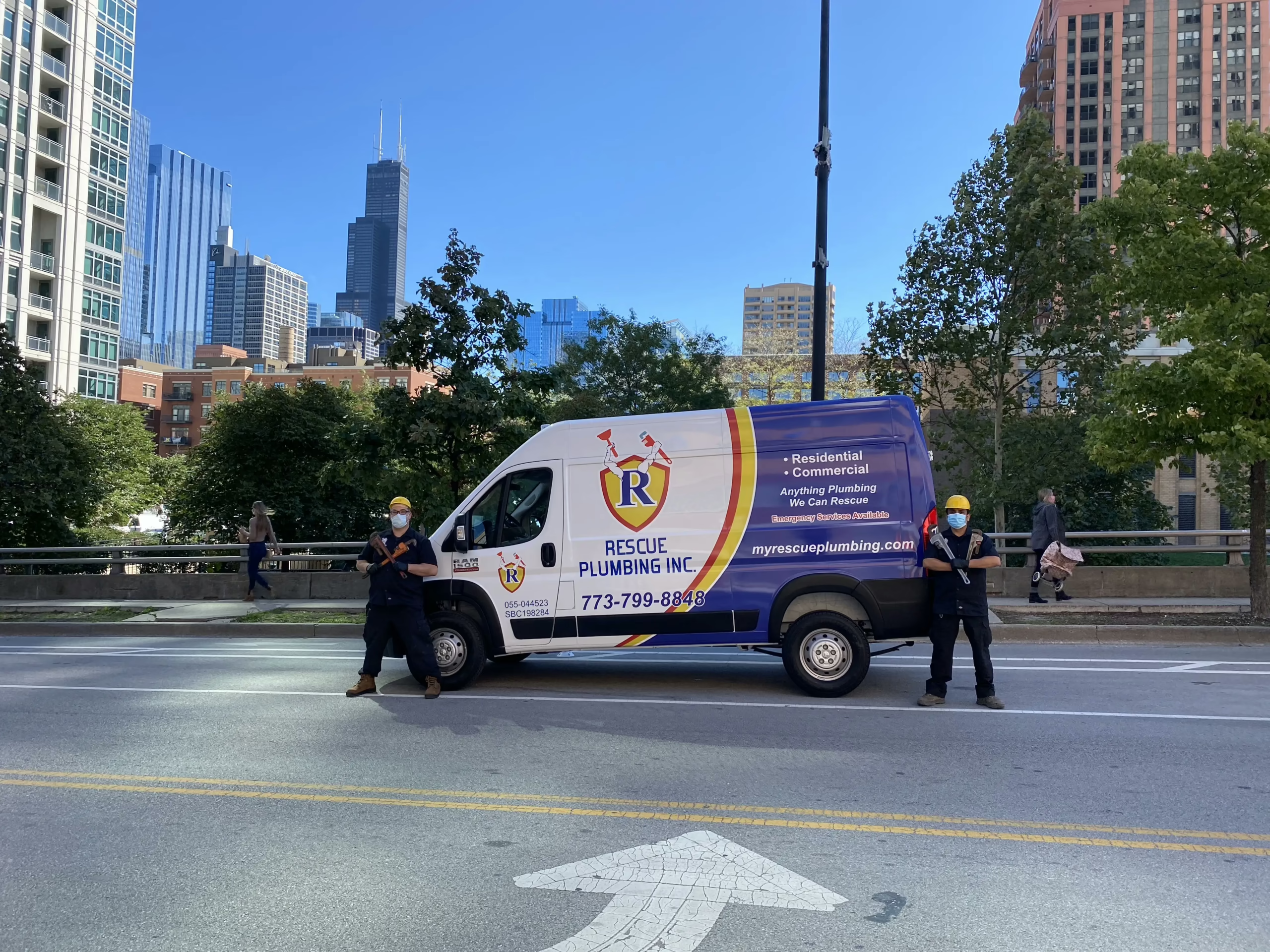
Home Plumbing Maintenance Tips
- Regular Inspections: Conduct regular inspections of pipes, faucets, and fixtures to check for leaks or corrosion.
- Water Heater Maintenance: Drain your water heater annually to remove sediment build-up and improve efficiency.
- Check Water Pressure: High water pressure can damage pipes. Use a pressure gauge to check and regulate your home’s water pressure.
Commercial Plumbing Maintenance Tips
Commercial buildings face unique challenges that require regular maintenance to avoid significant disruptions. Here are some commercial plumbing maintenance tips:
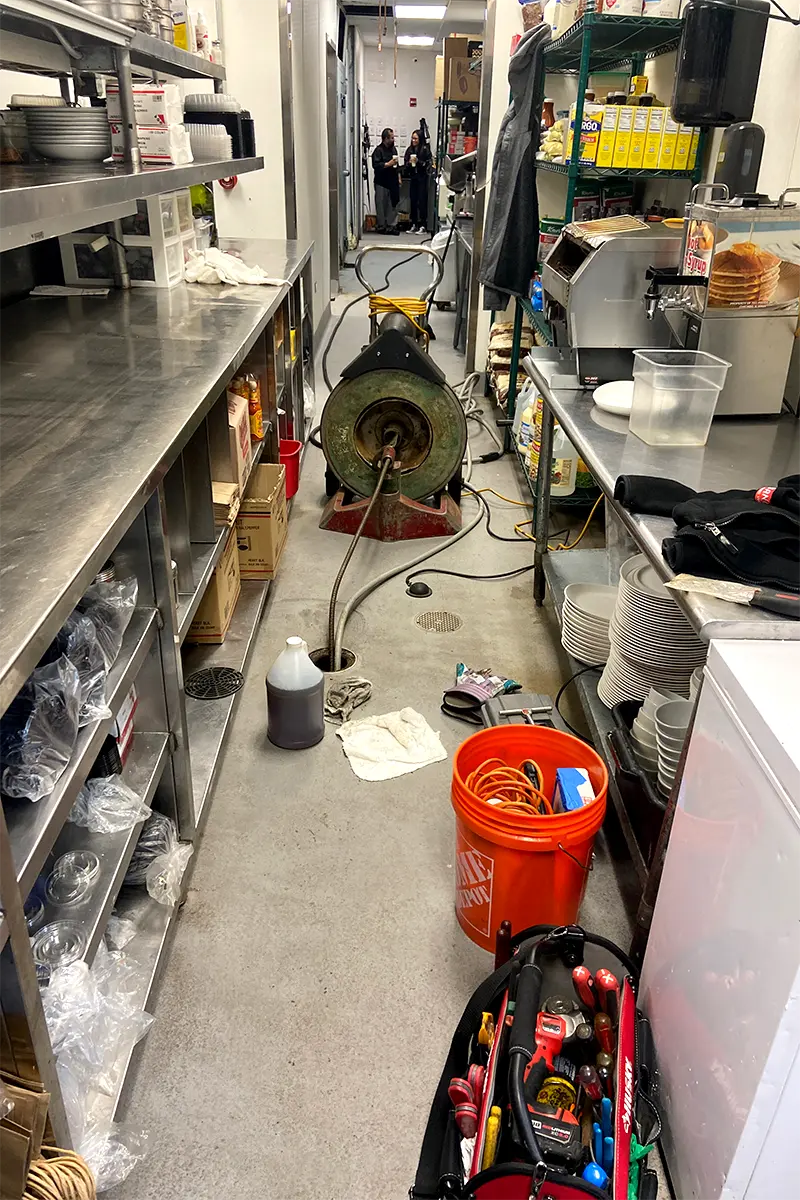
Plumbing Maintenance Checklist
- Inspect Drains and Sewer Lines: Regularly inspect and clean drains and sewer lines to prevent blockages that could disrupt business operations.
- Backflow Prevention: Ensure that backflow prevention devices are tested and functioning correctly to avoid contamination.
- Monitor Water Usage: Keep an eye on water usage to detect any unusual spikes that might indicate a leak.
Plumbing Troubleshooting Tips
- Identify Leaks Early: Train staff to recognize signs of leaks, such as damp walls or ceilings, and report them immediately.
- Regular System Flushing: Periodically flush the plumbing system to remove any build-up and maintain water quality.
- Schedule Professional Inspections: Hire licensed plumbers for regular inspections and maintenance to ensure compliance with safety standards.
DIY Plumbing Maintenance Tips
Basic Plumbing DIY Maintenance Tips
While professional plumbers are essential for major issues, there are several DIY maintenance tasks you can perform:
- Clear Clogs: Use a plunger or drain snake to clear minor clogs in sinks and toilets.
- Repair Leaks: Fix small leaks in faucets or pipes using plumber’s tape or a wrench.
- Replace Washers: Learn how to replace washers in faucets to stop drips and conserve water.
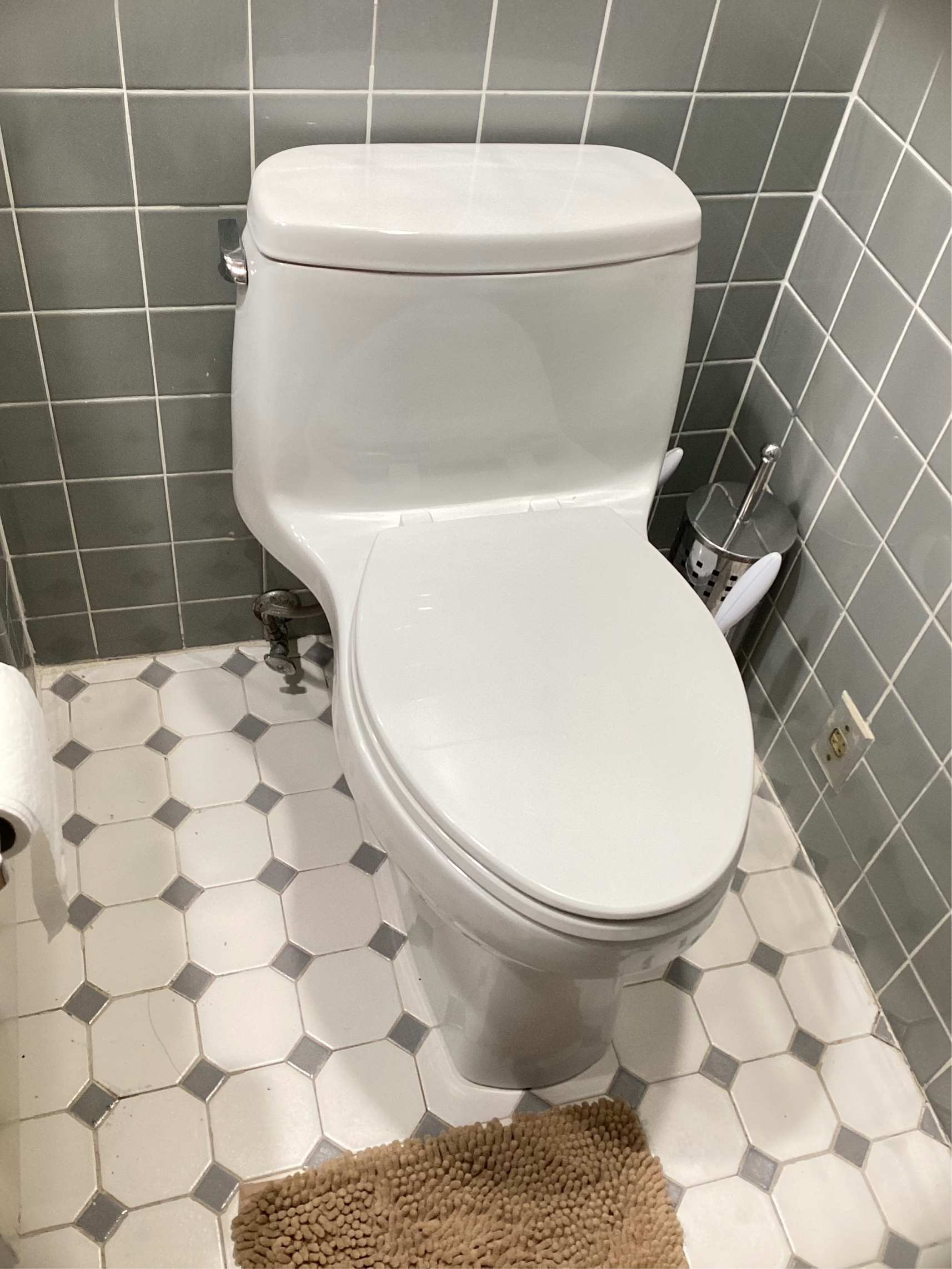
When to Call a Professional
While DIY maintenance is helpful, certain situations require professional expertise:
- Persistent Clogs: If basic methods don’t clear a clog, it may indicate a more serious issue.
- Sewer Line Issues: Foul odors or slow drains might be signs of a sewer line problem that requires professional attention.
- Major Leaks or Flooding: Large leaks or flooding should always be handled by a licensed plumber to prevent further damage.
Conclusion
Regular plumbing maintenance is a proactive approach that can prevent many common plumbing emergencies. By following seasonal maintenance tips, conducting regular inspections, and performing basic DIY tasks, you can protect your home or commercial property from costly repairs and ensure the longevity of your plumbing system. Remember, when in doubt, always consult a professional plumber for complex issues.
By incorporating these plumbing care tips into your routine, you can maintain a healthy plumbing system and enjoy peace of mind knowing that your property is protected from unexpected plumbing disasters.
